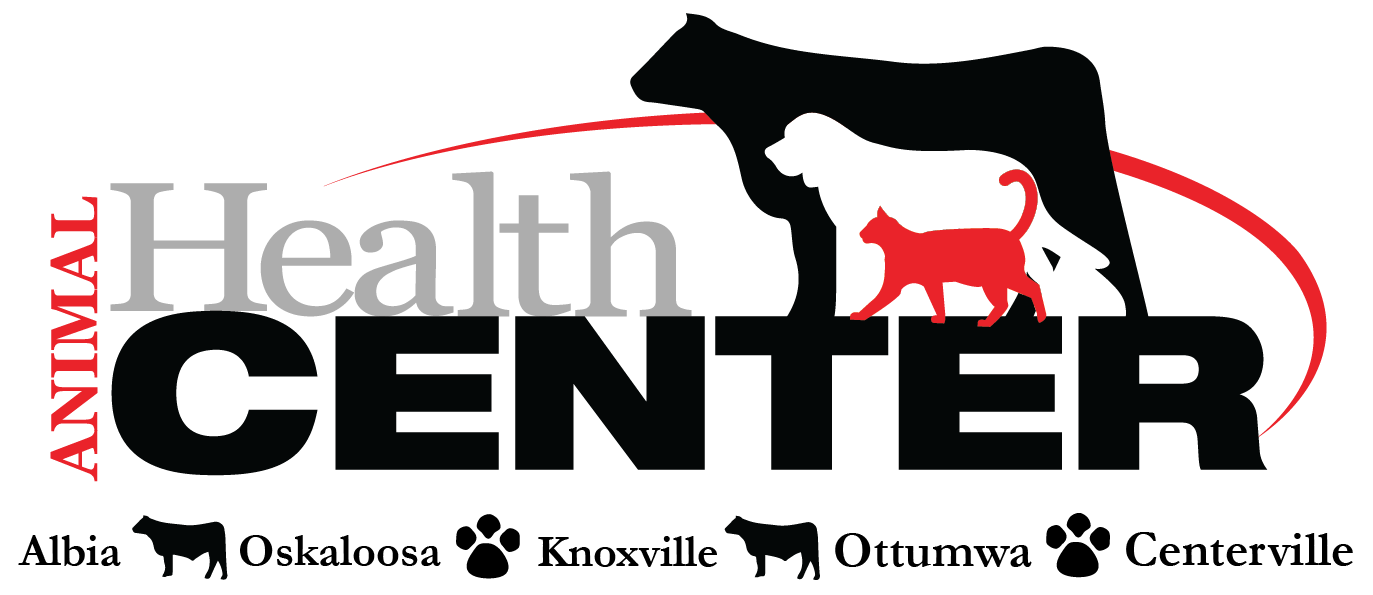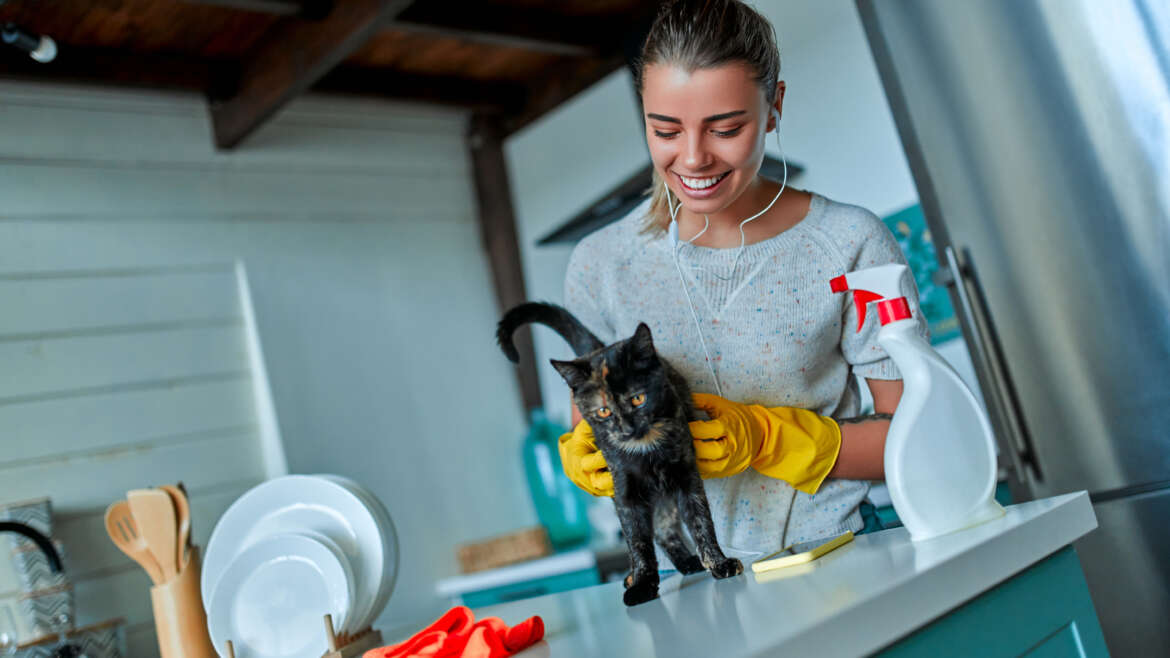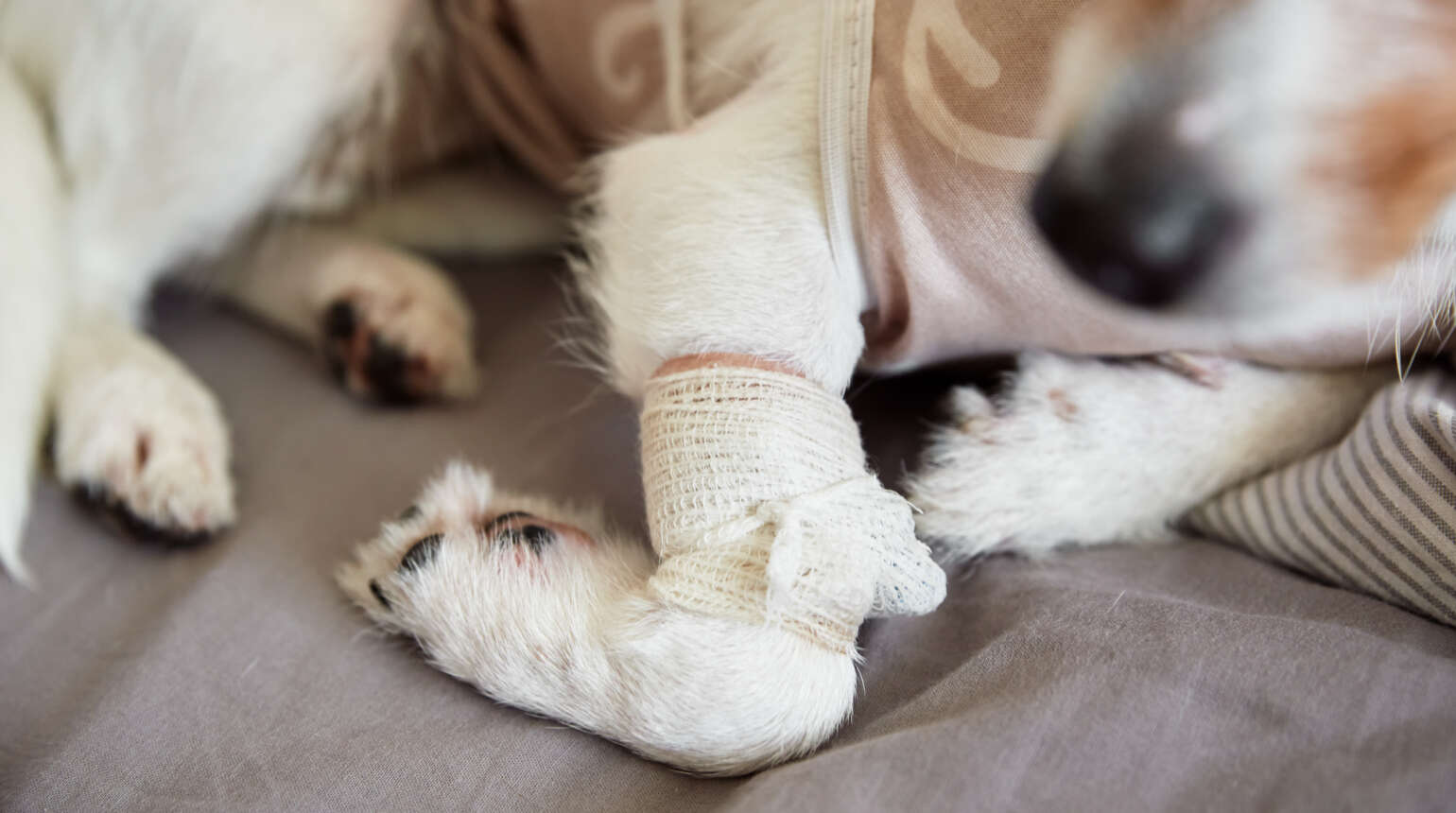We love pets for their curious and playful nature, but their desire to discover the world through sniffs and licks can lead to some dangerous situations. Celebrate National Animal Poison Prevention Week (March 20-26) by making sure your home is as safe and pet-friendly of an environment as possible. Educate yourself on what items in your house are poisonous to your pets – including these springtime staples.
Spring Flowers:
Easter Lilies: Beautiful white Easter Lilies are a foundation in many springtime bouquets and are often potted and brought indoors as a long-lasting seasonal decoration. Most lilies are toxic, especially for cats. Every part of the lily is poisonous, from petals to pollen to stem (and even the water in its vase). Cats can experience kidney damage and failure from ingesting just a small amount of its toxins. Dogs may experience an upset stomach.
Tulips, Hyacinth and Irises: These flowers are all considered toxic to both cats and dogs as well. Ingestion can cause vomiting, diarrhea and drooling. Keep your pets indoors while gardening. While all parts of the plants contain toxins, the bulbs of the plants have the highest concentration.
Easter Candy:
Have your kids write a letter to the Easter Bunny to hide their Easter eggs out of their pet’s reach (as a great reminder to keep your pets safe and away from the holiday hunt, and an educational lesson that sharing is NOT caring when it comes to pets and human food). Easter candy often contains chocolate and xylitol which are known to be extremely harmful to both cats and dogs. Be sure to keep your pets in a room that is separated from your Easter egg hunt, especially if the Easter Bunny hides the eggs in your household the night before where your pet might have unsupervised access. Keep the candy bowl up high and be sure to discard any foil or wrappers they could get.
Cleaners:
If you’re full swing into spring cleaning, remember to keep your pets in the other room until you’ve had time to wipe down and rinse any disinfectants off your surfaces. Chemicals designed to kill germs can also harm your pets. This includes (but is not limited to) common ingredients like alcohol, bleach, hydrogen peroxide, and chemical compounds that contain the word “phenol.” Opt for natural solutions like vinegar and baking soda, green cleaners made for pet messes or pet-friendly households, or mechanical cleaners like a microfiber cloth.
If you think your pet is poisoned, don’t wait!
Some symptoms that your pet is poisoned include vomiting, diarrhea, lethargy and seizures. If you suspect your pet has been poisoned, contact Animal Health Center right away! Prevention is the easiest way to keep your pet safe. Ask your vet for other common poisonous items you should keep your pet away from.



